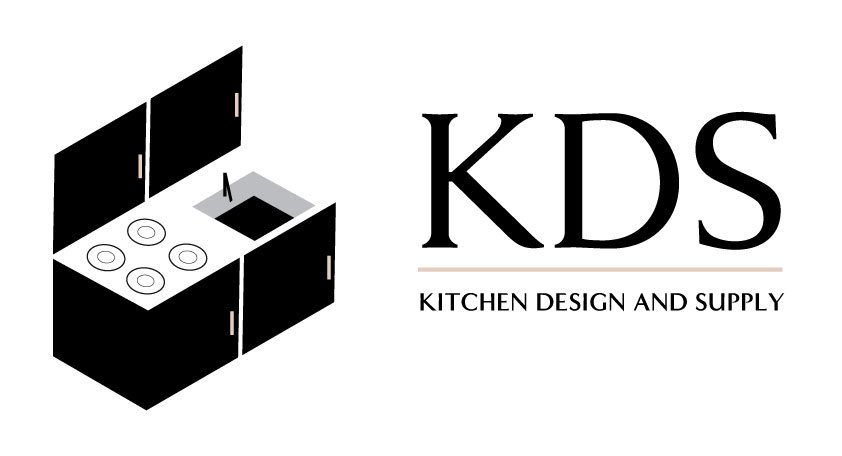Choosing a New Kitchen
And why is it so difficult?
The Kitchen Conundrum: Navigating the Challenges of Choosing a New Kitchen
Embarking on a journey to renovate or redesign your kitchen can be an exciting yet daunting task. It's a space where functionality meets aesthetics, where culinary dreams take shape, and where memories are made. However, the process of selecting a new kitchen can often feel overwhelming due to the myriad of decisions that need to be made. From layout to appliances, worktops to flooring, each choice carries its own set of considerations. Let's delve into the intricacies of why choosing a new kitchen is no easy feat.
Space and Layout:
One of the foremost challenges in selecting a new kitchen is optimising the available space and determining the layout that best suits your needs. Whether you're working with a compact apartment kitchen or a sprawling culinary haven, maximising functionality while maintaining an appealing design can be a balancing act. Factors such as traffic flow, work zones, and accessibility all play crucial roles in crafting an efficient layout that complements your lifestyle.
Storage and Functionality:
Storage solutions are paramount in any kitchen design. From cabinets to pantry space, finding the right balance between storage capacity and accessibility is key. Deep drawers, pull-out shelves, and custom organisers can help optimise storage while keeping essentials within reach. Additionally, integrating functional elements like built-in spice racks, utensil dividers, and corner carousels can enhance efficiency and streamline your cooking experience.
Appliances:
Selecting the right appliances is a cornerstone of kitchen design. From refrigerators to ovens, dishwashers to cooktops, each appliance choice contributes to the overall functionality and aesthetic appeal of the space. Factors such as size, energy efficiency, and cooking preferences should all be taken into account when selecting appliances that align with your lifestyle and culinary needs.
Kitchen Worktops:
The choice of worktop material can significantly impact both the visual appeal and practicality of your kitchen. Options range from classic granite and marble to contemporary quartz and stainless steel. Each material offers its unique advantages in terms of durability, maintenance, and aesthetic versatility. Considering factors such as durability, stain resistance, and ease of maintenance can help narrow down the options and find the perfect fit for your kitchen.
Sinks and Taps:
Sinks and taps may seem like minor details, but they play a crucial role in the overall functionality and aesthetics of your kitchen. From farmhouse sinks to sleek stainless steel designs, the options are vast. Factors such as size, configuration, and material should be considered when selecting a sink that meets your needs. Similarly, choosing the right tap style and features, such as pull-out sprays or touch-less technology, can enhance convenience and efficiency in the kitchen.
Flooring:
Flooring serves as the foundation of your kitchen design, tying together the aesthetic elements while providing durability and practicality. Options range from timeless hardwood and sleek tile to low-maintenance laminate and resilient vinyl. Factors such as durability, moisture resistance, and ease of cleaning should guide your choice of flooring material, ensuring a seamless blend of style and functionality. - See our kitchen flooring blog here
Cost Considerations:
Budgetary constraints often loom large when embarking on a kitchen renovation. Costs can vary widely depending on factors such as the scope of the project, choice of materials, and complexity of the design. Setting a realistic budget and prioritising expenditures can help ensure that your kitchen renovation stays within financial bounds while still meeting your needs and aesthetic preferences.
Working with a Designer:
Navigating the myriad decisions involved in kitchen design can be overwhelming, leading many homeowners to seek the expertise of a professional designer. A skilled designer can offer invaluable guidance in maximising space, optimising functionality, and selecting materials that align with your vision and budget. Their expertise can streamline the decision-making process and ensure a cohesive, well-executed design that reflects your personal style and meets your practical needs.
Professional Installation:
While some homeowners may opt for a DIY approach to kitchen installation, enlisting the services of a professional installer can offer peace of mind and ensure a seamless, high-quality result. Professional installers have the expertise and specialised tools needed to tackle complex installations, navigate unforeseen challenges, and ensure that your new kitchen is installed safely and efficiently. Additionally, working with a professional can help mitigate the risk of costly mistakes and delays, ultimately saving you time, stress, and potentially money in the long run.
In conclusion, choosing a new kitchen is a multifaceted process that requires careful consideration of numerous factors, from layout and functionality to aesthetics and budget. By prioritising your needs, seeking expert guidance when needed, and approaching the process with patience and creativity, you can navigate the challenges of kitchen design and create a space that is both functional and beautiful, tailored to your unique lifestyle and preferences.

